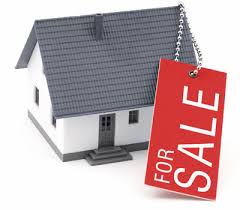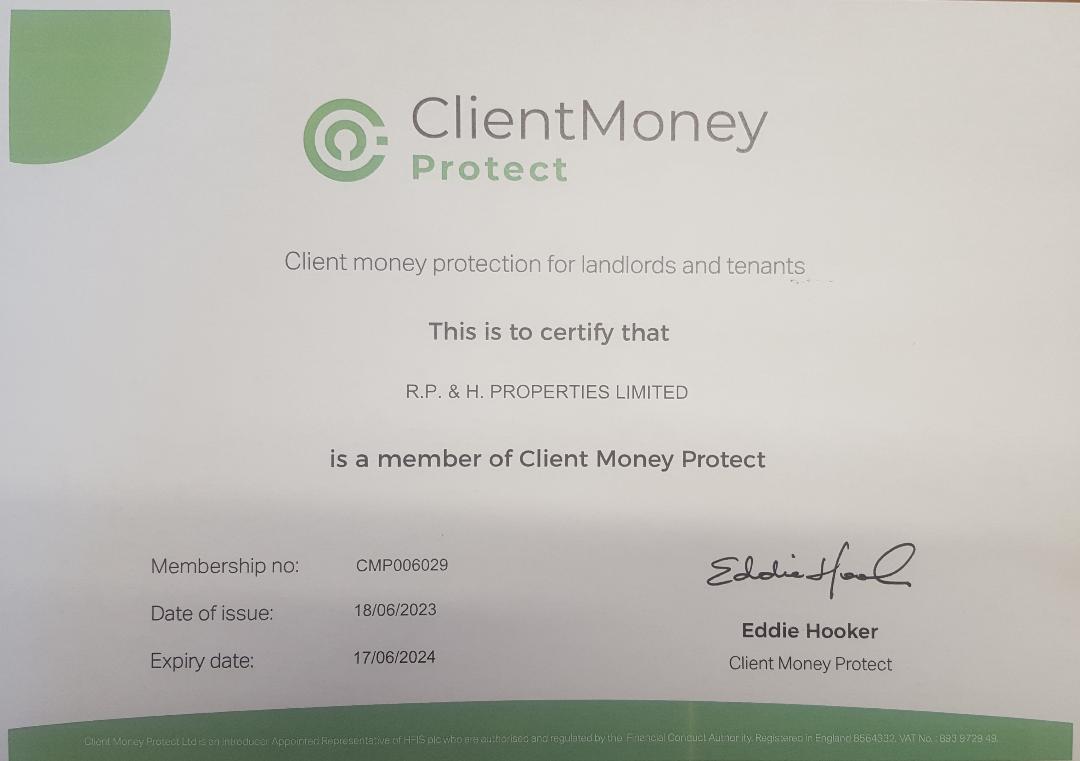
Buying your first home is a very exciting time in your life however it can also be very daunting . Here is some advice if you are considering taking the plunge and buying your first home.
- How much deposit do I need ?
Before starting to look at properties, you need to start saving for a deposit. Generally, you need to try to save at least 5% to 20% of the cost of the home you would like, so if you want to buy a home costing £150,000, you’ll need to save at least £7,500. Saving more than 5% will make it easier for you to apply for a wider range of cheaper mortgages.
Take a look at the Government ‘Help To Buy’ schemes. These can help you make it to that deposit.
2. Make sure you can afford your monthly repayments !
As a first-time home buyer, the most important thing to bear in mind is whether you can really afford to take this step. It’s wise to put together a budget before you start looking for a property.
There are now strict checks when you apply for a mortgage. Lenders will check that you can afford the mortgage and also ‘stress test’ your ability to make your payments if interest rates were to rise or if your circumstances changed, such as possible redundancy or having children.
As part of the mortgage application process you will need to show the lender evidence of any outgoings, and prove your income.
There are many mortgage calculaters available to help you calculate how much you can borrow.
Ive included a link below
3.Budget for other costs of buying a home
Apart from your monthly mortgage payments, there are other costs associated with buying a home. These include:
- Mortgage arrangement and valuation fees
- Stamp Duty (or Land and Buildings Transaction Tax in Scotland)
- Solicitor’s fee
- Survey cost
- Removal costs
- Initial furnishing and decorating costs
- Buildings insurance
4.Affordable schemes to get on the property ladder
There are a number of government-backed schemes aimed at giving home buyers – and movers too – a helping hand onto the property ladder.
If you are able to use one of these schemes, lenders will still ensure that you can afford to pay your mortgage.
You can find more information here … Help To Buy
5.Finding a mortgage
There are many different mortgage deals to pick from, so choosing the right one for you can be tricky. It can depend on a number of factors, so it’s a good idea to do some research and talk to experts such as mortgage brokers.
We have an in-house mortgage advisor, Rob Brindle, if you would like us to help you with this one
6.The application process
Whichever mortgage you apply for, your lender will want to know that you can make payments if interest rates rise or your financial circumstances change.
You will need to prove your income, and show the lender evidence of any outgoings, including debts, household bills and other living costs such as clothing, childcare and travel costs.
To prove your income, you may have to produce payslips and bank statements. If you are self-employed you could be asked for tax returns and business accounts prepared by an accountant.
7.The home buying process costs explained
Understand the process from beginning-to-end and the costs you’ll need to pay for along the way:
Head or heart ?
Well what can I say about this. You will always just get a feeling when you walk into a property, you will know whether it feels right or not. Some people fall instantly in love with a property and for others it will grow on them. Ultimately you will just know when it feels right.
My advice for this would be 50/50.
There has to be that gut feeling however my 50% head would say don’t over reach yourself. Its all very well having a lovely home but if your stuck in it 24/7 because you have no money left to enjoy life you will soon get fed up.
Its all about getting the right balance. There’s that special home out there for everyone.
Good luck and happy house hunting!
Useful Links :
Money Advice Service – Costs In Buying A House
Great money timeline here explaining what you will need to pay and when




